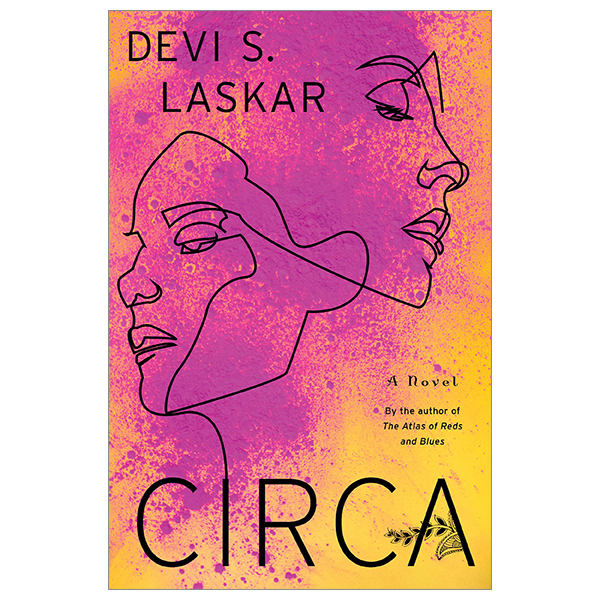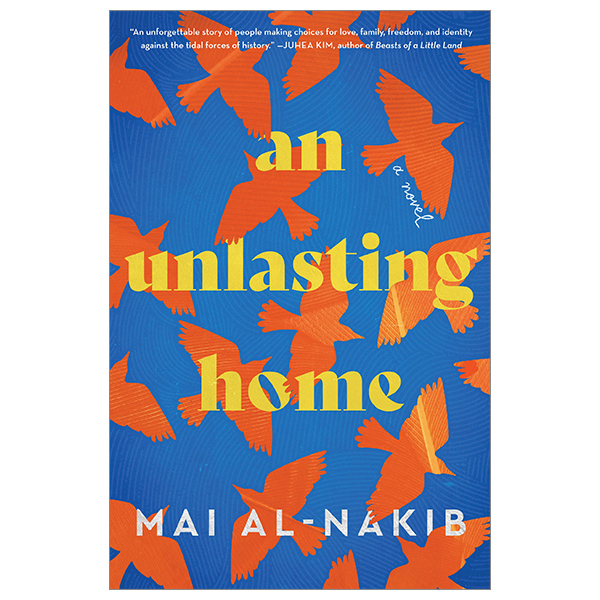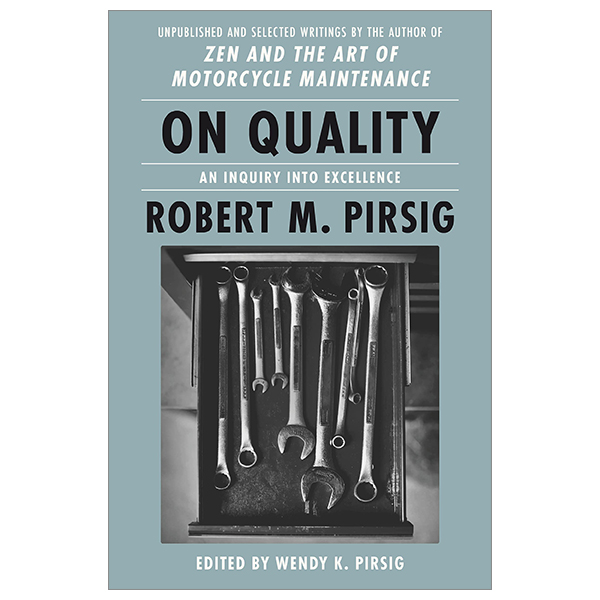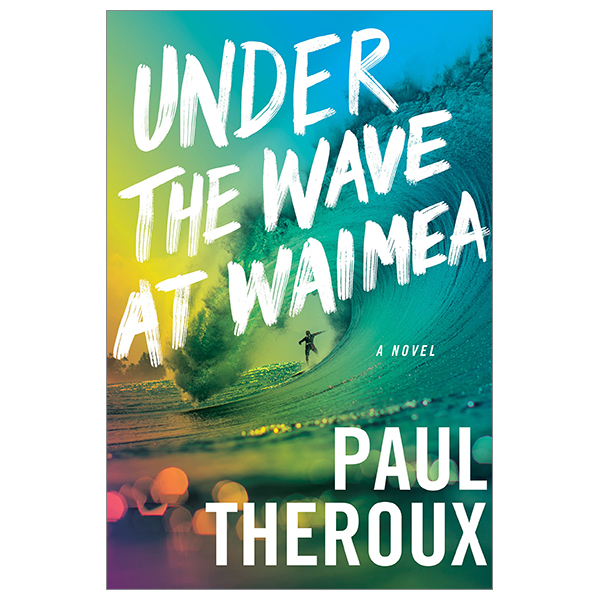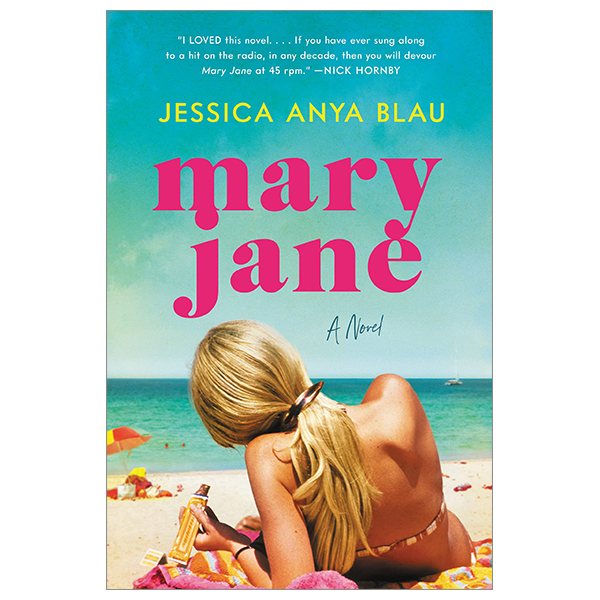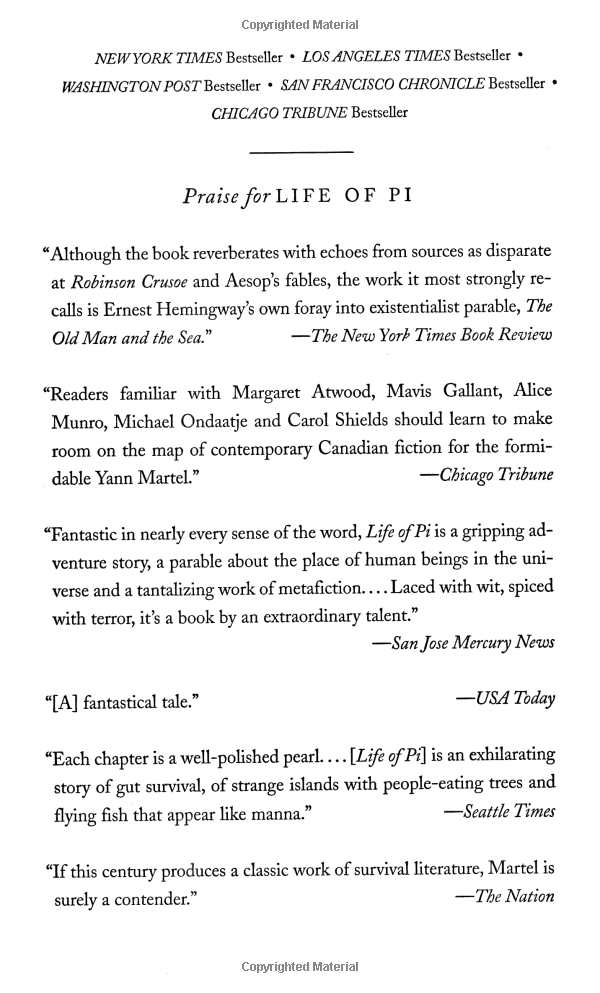"An indispensable guide for introverts and extroverts alike." -- Inc. Magazine
A Wall Street Journal, USA Today, and Publishers Weekly Bestseller
Every interaction is a performance, and much of our success--professional and personal--hinges on being able to inspire an audience. And while some people seem to be naturals in the spotlight, this ability very rarely derives from talent alone.
Confident communication is a skill, and anyone can learn how to do it.
In Steal the Show, New York Times best-selling author, top-rated corporate speaker, and former professional actor Michael Port teaches you how to make the most of your own moments in the spotlight. He makes it easy to give your presentations a clear focus, engage your listeners, manage your nerves, play the right role in every situation to give your message maximum impact, and much more. Drawing on his MFA training at the prestigious Graduate Acting Program at New York University, Port has engineered a system that the non-actor can use to ensure his or her voice is heard when it matters most.
"The most unique and practical book written on the topic of public speaking and performance in everyday life. You'll learn how to express yourself authentically, be more creative, and increase your confidence in all aspects of life." --Howard Behar, former president, Starbucks Coffee
"Michael cuts to the core of what you actually need to get ridiculously good at speaking and performing, and the results are even more dramatic than I'd envisioned. Steal the Show is the only book you'll ever need when it comes to performance and public speaking." --Jordan Harbinger, host of The Art of Charm
MICHAEL PORT, the author of six books, including Book Yourself Solid, has been featured on all the major TV networks and is one of the most in-demand speakers working today. He runs a company of experts advising businesses on marketing, business development, and public speaking. Learn more at www.MichaelPort.com.

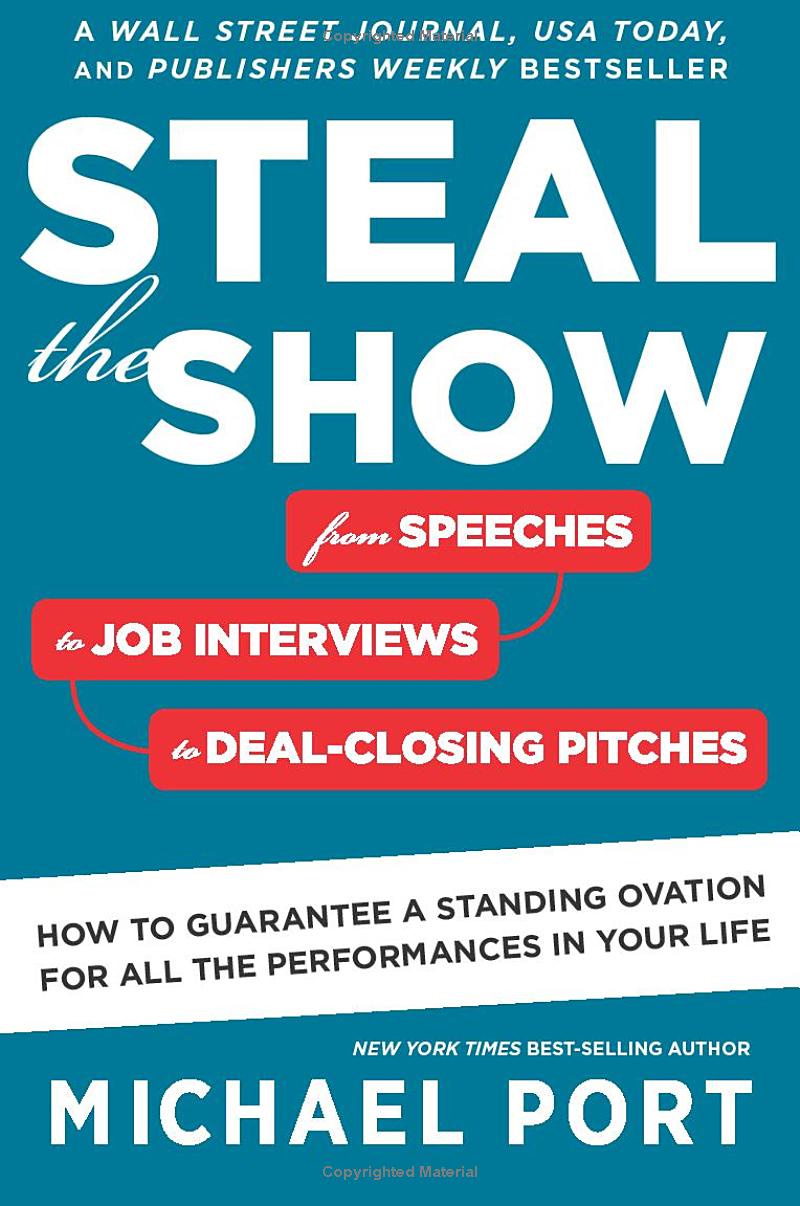
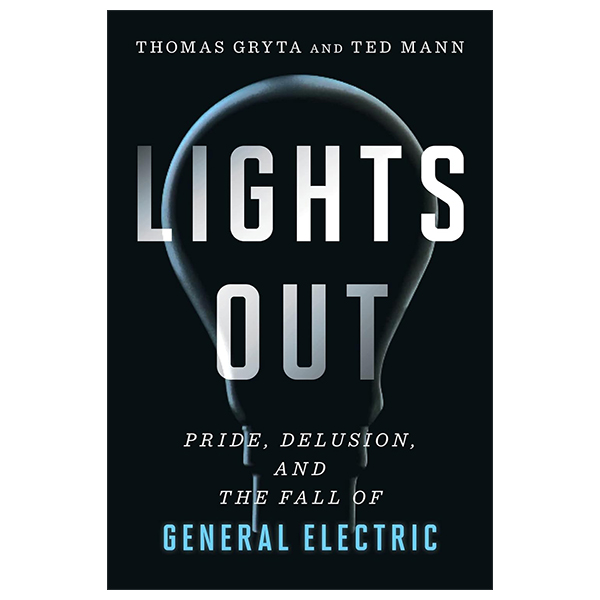
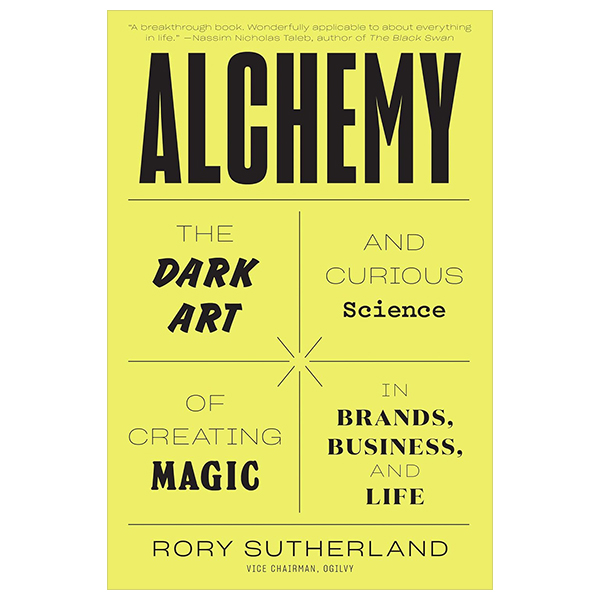
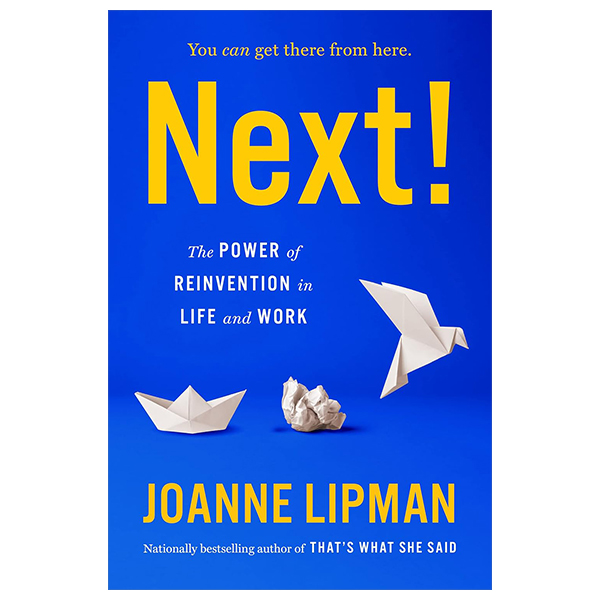
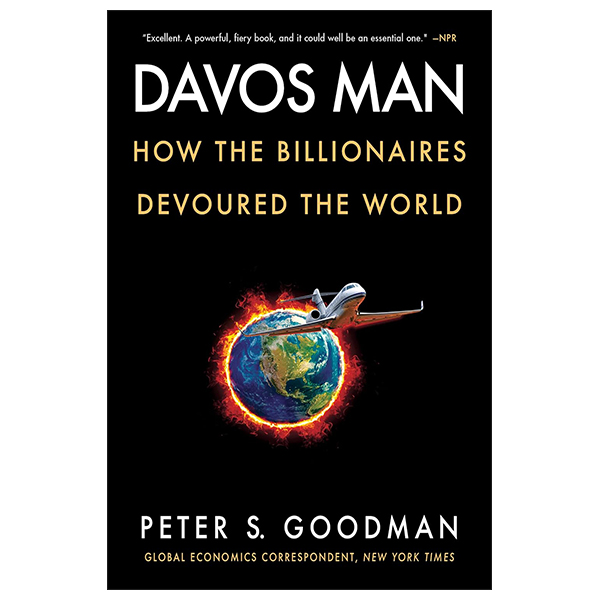
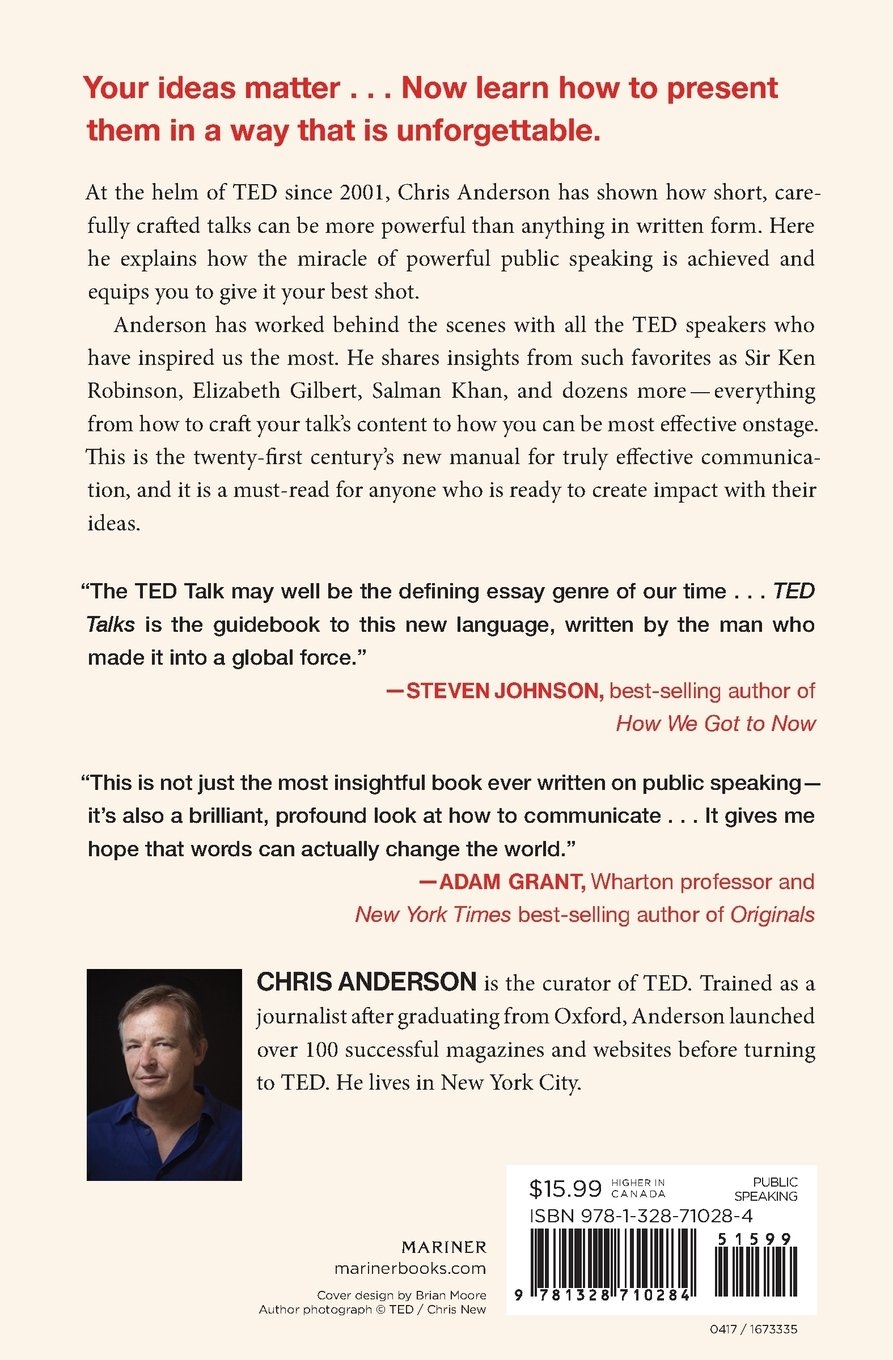
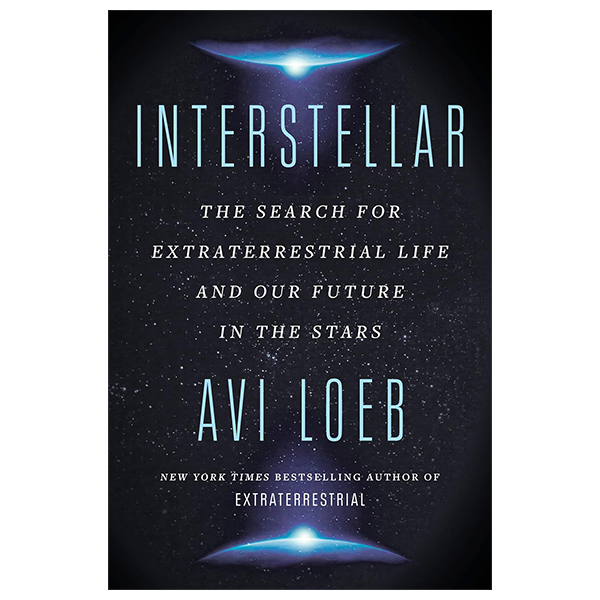
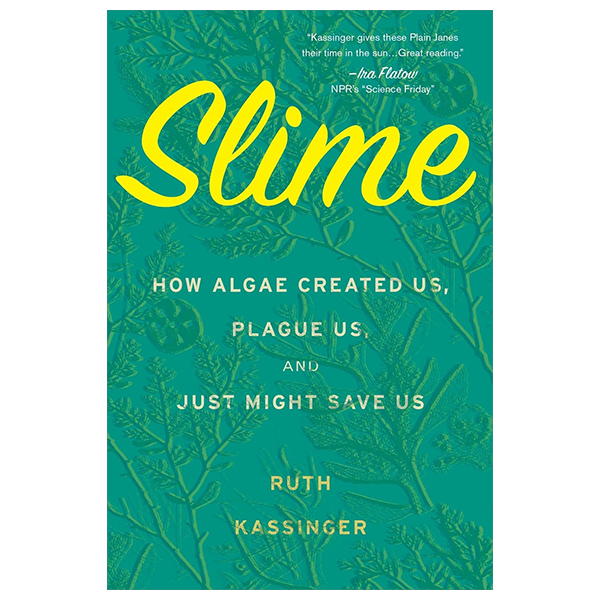
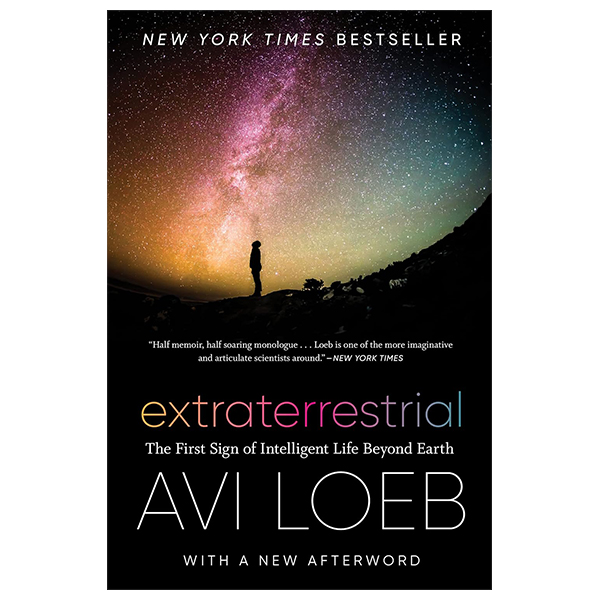
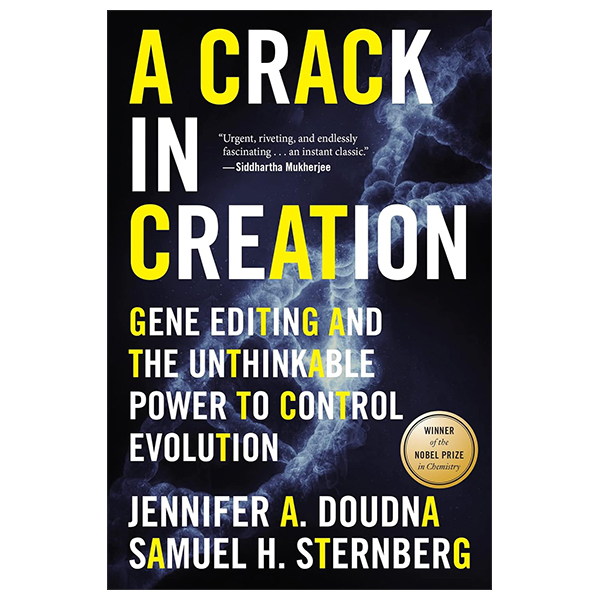
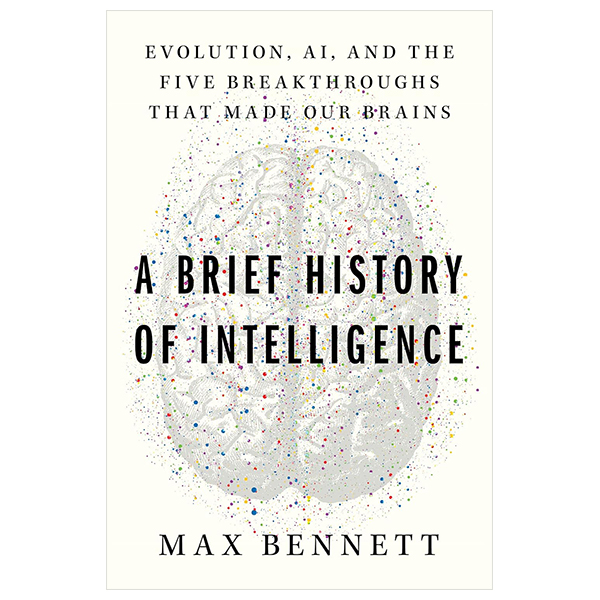
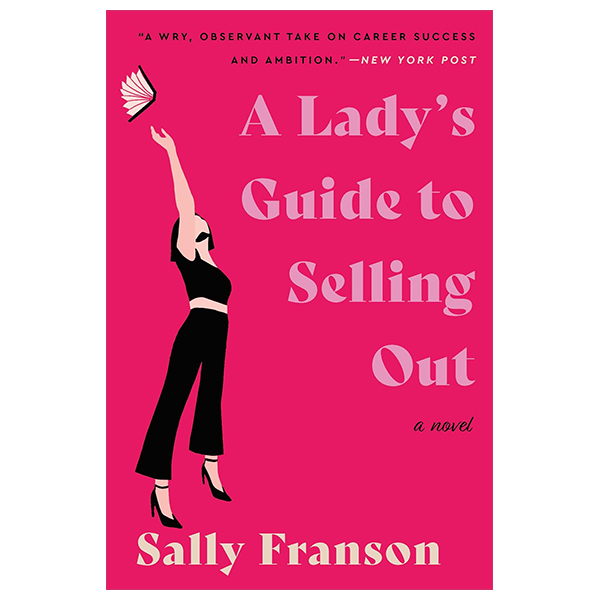
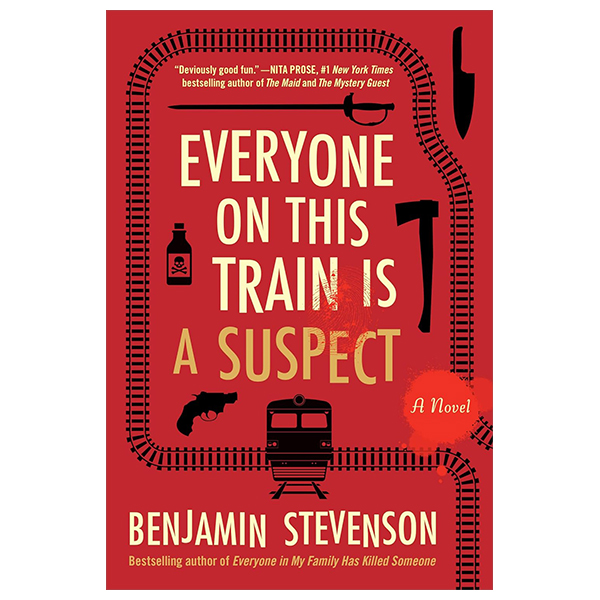
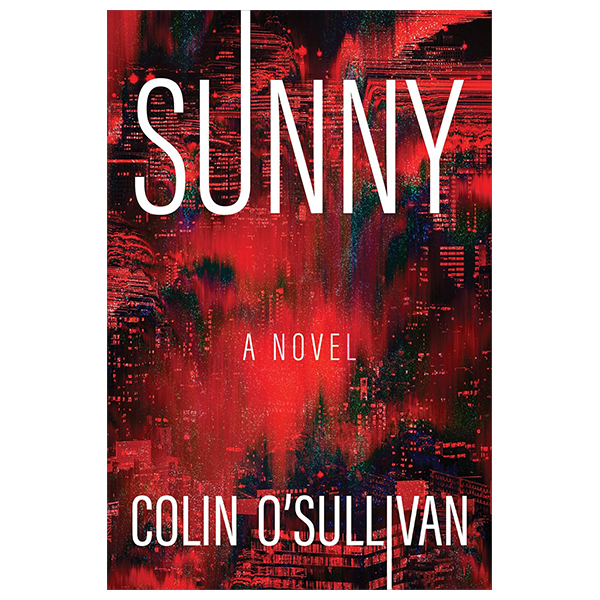
![the essex serpent [tv tie-in]](https://static3.kienthucchiase.com/images/the-essex-serpent-tv-tie-in-1.jpg)
